Bauhaus celebrates 100 years of shaping design
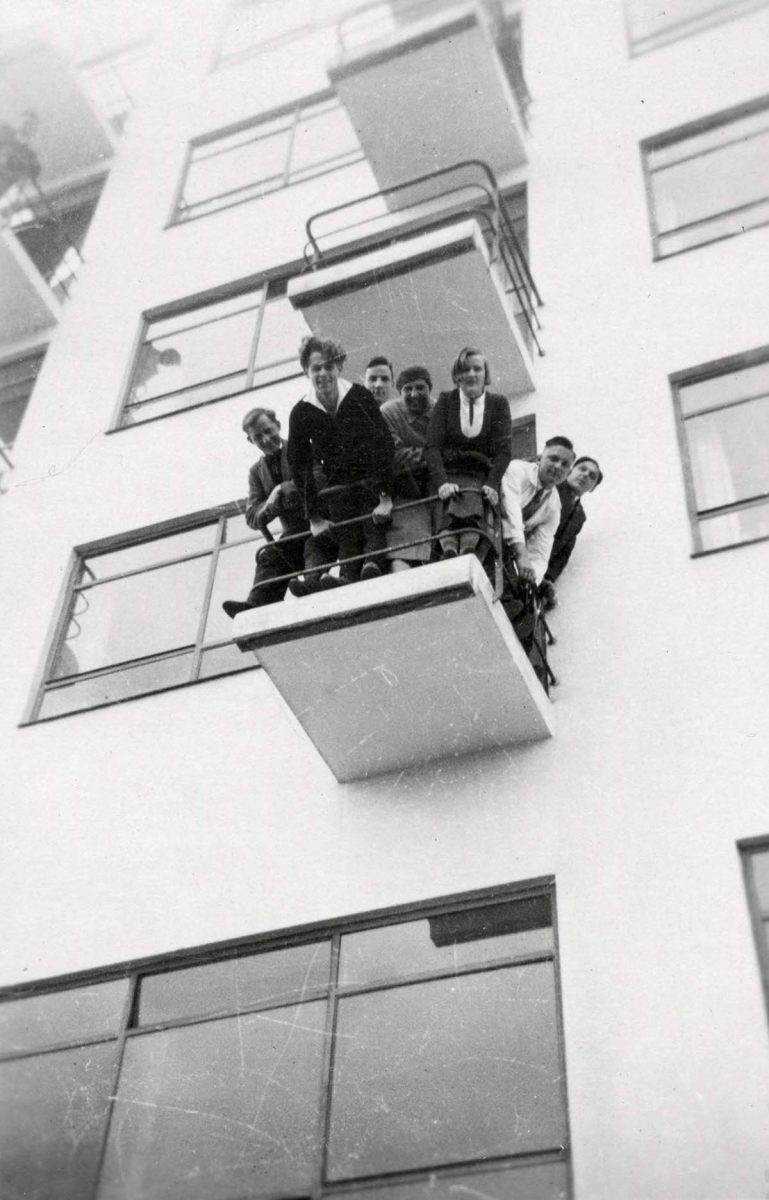
This summer, Black Mountain College Museum + Arts Center celebrates the centenary of the Staatliches Bauhaus — commonly known as the Bauhaus — a school of art and design founded by Walter Gropius in 1919 in Weimar, Germany. Gropius and his contemporaries, at that time, likely had never heard of Black Mountain College, though the two became intimately connected.
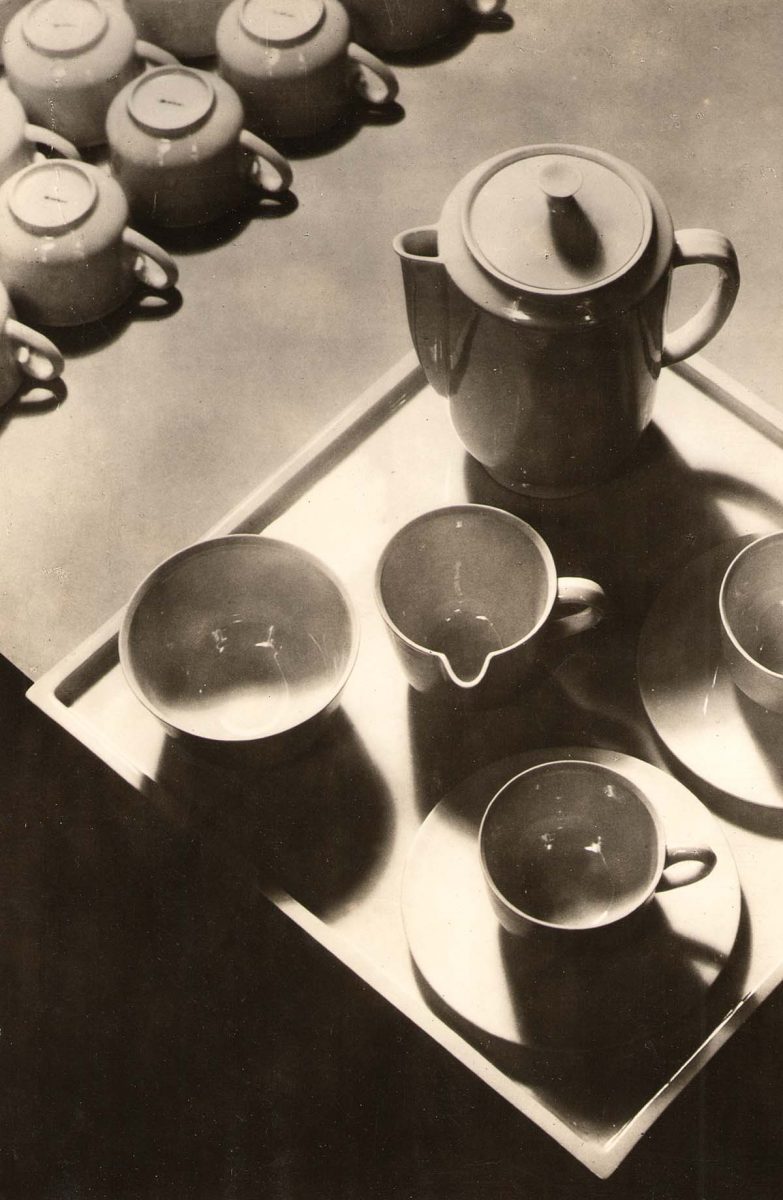
(photo courtesy Black Mountain College Museum + Arts Center)
Most recognize the Bauhaus look even if they don’t know they do. Anyone who loves clean forms; reproduceable and well-designed pieces made of metal, wood, and glass; the simple lines of a mid-century house; or that famous chair — the wide metal one with the black leather panels — has been influenced by the Bauhaus. Bauhaus artists were fascinated by the interweaving of craft, architecture, typography, and design to create a unified concept of art.
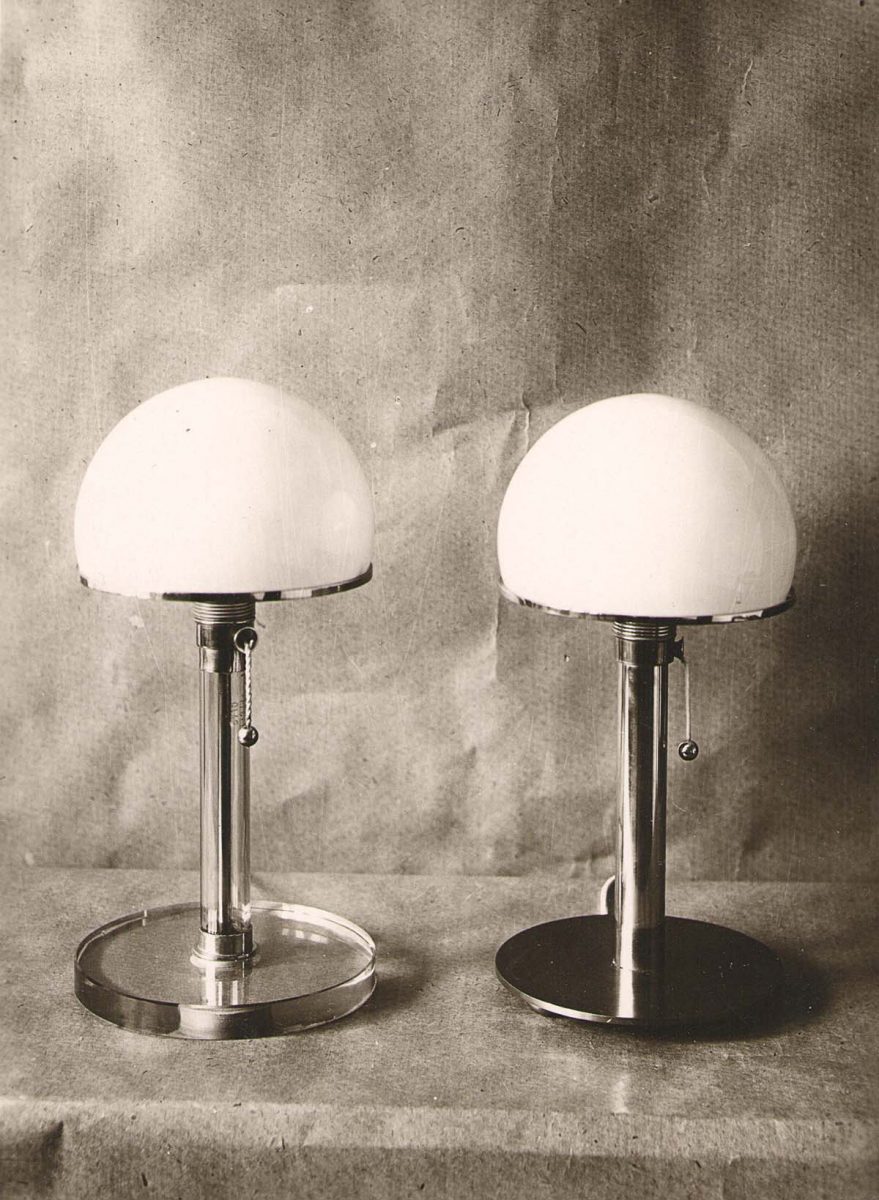
(photo courtesy Black Mountain College Museum + Arts Center)
The Bauhaus closed in 1933 to avoid being shut down by Nazis on the rise — the very year that Black Mountain College was founded. “That dovetailing of opening and closing in the same timeframe helped to seed Black Mountain with some of the artists and educational models they used, particularly in the early seasons of the college,” says Alice Sebrell, program director at Black Mountain College Museum + Arts Center and curator of BAUHAUS 100.
The college knew they needed just the right person to run their art program, and with one fortuitous telegram, landed Josef Albers, along with his wife, Anni Albers, who headed up the weaving workshop. In the years that followed, many Bauhaus artists, including Gropius himself, came to Black Mountain College. In fact, says Sebrell, the school was no less than “the continuation of the Bauhaus in the United States,” and one of two primary places — along with the short-lived New Bauhaus in Chicago — where its work continued.
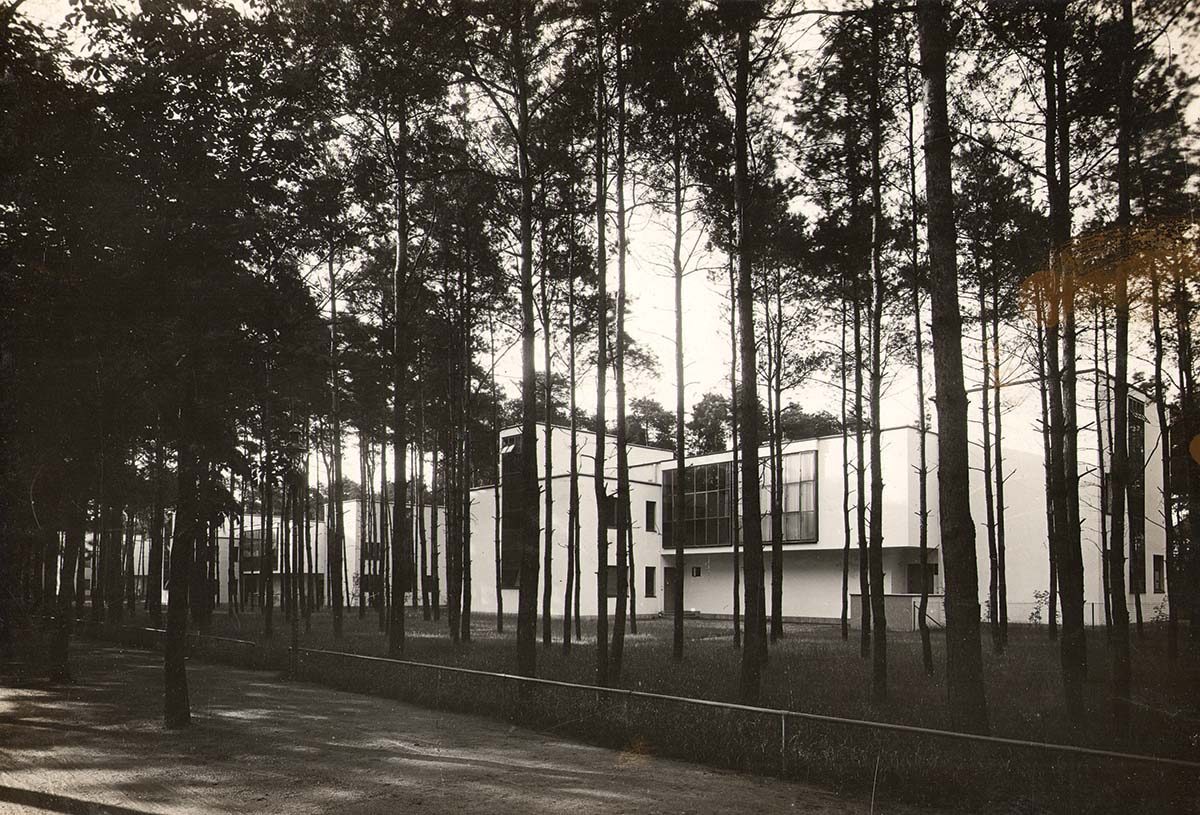
Black Mountain College, with this inherited rich history, thrived for the next 24 years, until its closure in 1957. But its legacy continues in the museum’s extensive year-round programming, including visual-art exhibits, workshops, and the annual {Re}HAPPENING, an event featuring contemporary installations and performance art and modeled after the school’s original avant-garde “happenings.”
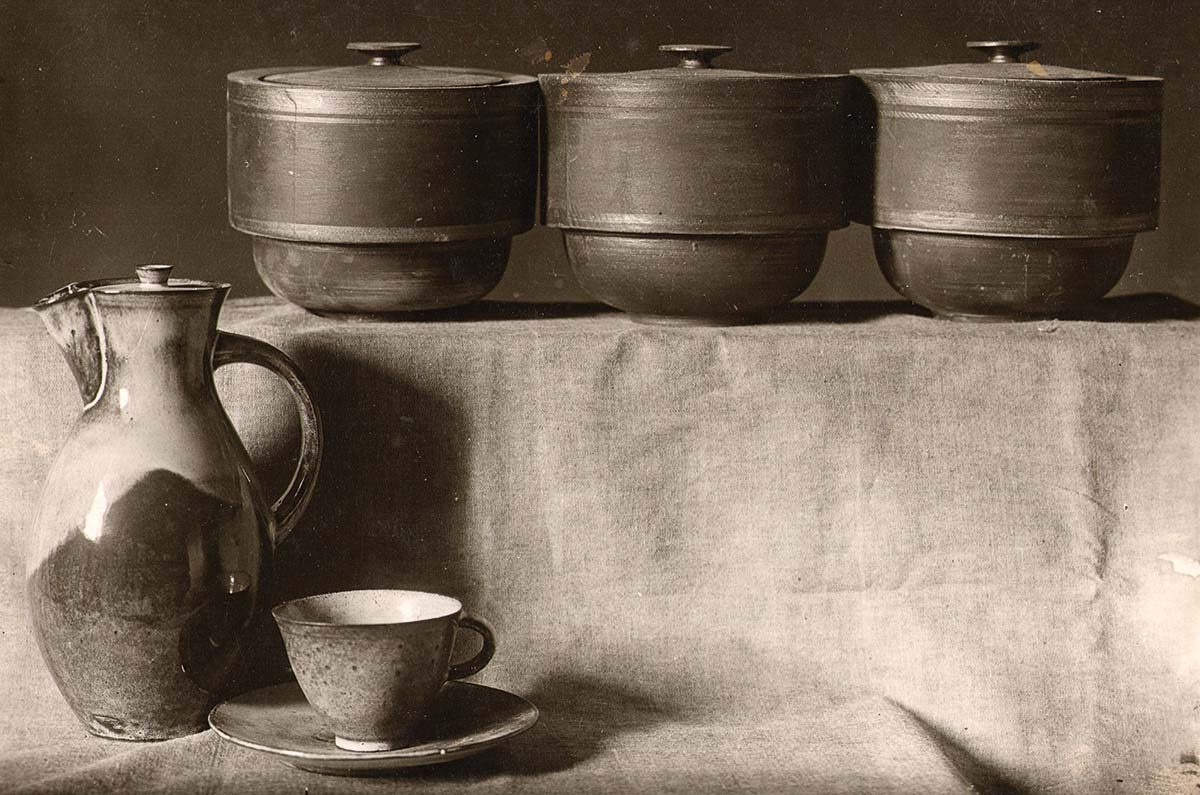
In addition to the Bauhaus school’s defining design elements, European artists and teachers also brought “progressive ideas of inclusion and educational practices” to the mountains, Sebrell points out. These ideas surely created a unique atmosphere in Western North Carolina, in which any style of art more easily flourishes.
“Recognition of [Black Mountain College] just grows,” says Sebrell. “And the Bauhaus is part of the story.”
BAUHAUS 100: A Celebration of the Bauhaus Centennial, hosted by Black Mountain College Museum + Arts Center (120 College St., Asheville), runs through Saturday, Aug. 31, with related programming, including a “PERSPECTIVES Lunchtime Conversation” with Bauhaus scholar Eva Bares (UNCA) on Wednesday, Aug. 14, 12-1pm. For a full list of Bauhaus-themed events and exhibits, see blackmountaincollege.org, call 828-350-8484, or e-mail info@blackmountaincollege.org.
